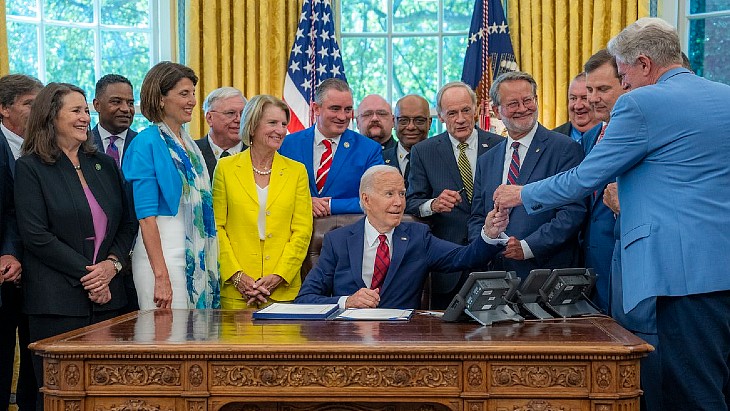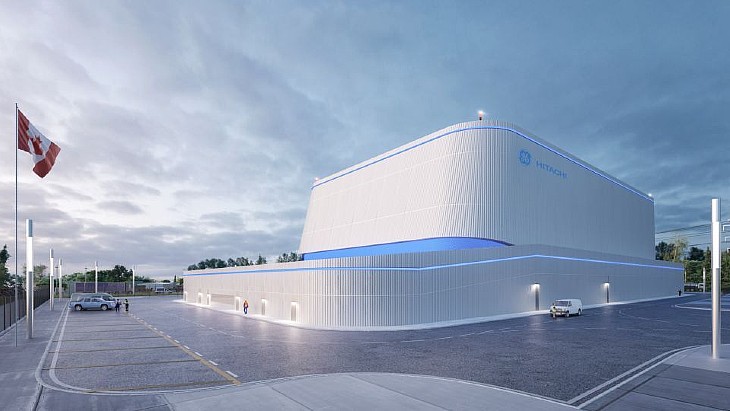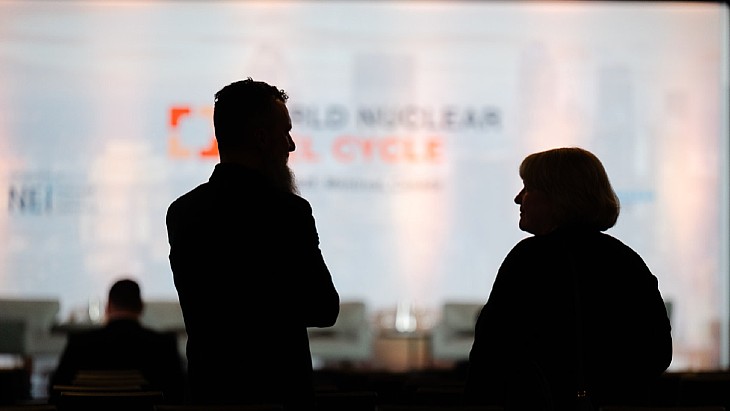FANR in final stages of Barakah licensing process
.jpg)
Construction of Barakah unit 1 was completed in March 2018 and operator Nawah Energy Company said in May the unit will commence fuel loading between the end of 2019 and beginning of 2020, to allow time to complete operator training and to obtain the necessary regulatory approvals. The unit has received an electricity generation licence from the UAE Department of Energy, and requires an operating licence from FANR before fuel loading and operation can begin. FANR Director General Christer Viktorsson earlier this week said it was still difficult to say when that will be. "We are not yet ready to issue the operating licence … but we are in the final stage," he said.
Speaking after FANR's 26 March board meeting, Viktorsson said the regulator was "essentially at the end" of the process of reviewing the licence application documents submitted by plant owner ENEC in 2015. FANR's oversight also covers verification that the plant has been built to the correct standards, and also Nawah's organisational readiness to operate Barakah, he said.
The EOC, which is located at FANR's Abu Dhabi headquarters, will be key in ensuring the regulator's preparedness and readiness to respond to any nuclear or radiological emergency, the regulator said. It described the newly inaugurated facility as a "state-of-the art" centre equipped with advanced technologies that will enable it to advise and coordinate with national entities and the International Atomic Energy Agency to support response efforts in case of any nuclear or radiological accident.
The centre's functions include nuclear assessment, radiological assessment, a nuclear security team, and a communication team, among other things. The structure of the centre includes highly qualified and trained employees who are able to assess nuclear or radiological accidents, FANR said. The centre will provide technical advice to government entities in such situations, including radiation protection and precautionary action to support protection of the public and the environment.
FANR is mandated by the UAE's nuclear law to establish measures for emergency preparedness and response. The regulator is part of Barakah's off-site Nuclear Power Plant Emergency Response Plans, which include national and local entities responsible for a response to the incident commander (Abu Dhabi Police) in case of a nuclear accident.
FANR Chairman Abdulla Nasser Al Suwaidi said the EOC would be "indispensable" in strengthening the regulator's mission to protect the public and the environment from radiation risks. "We are committed to building Emirati capacity in nuclear emergency preparedness and response as part of our long-term plan," he said.
FANR's board has also this week approved a newly drafted regulation on the disposal of used fuel and radioactive waste. Regulation 27 is based on the UAE's nuclear law that stipulates the need for regulations addressing used fuel and radioactive waste to protect the public from any radiation hazards. FANR has also this week been awarded the ISO 9001:2015 Certification for Quality Management System for the regulation and management of services related to the nuclear sector in the UAE, including licensing, compliance monitoring for safety, security, safeguards and radiation protection, and the provision of services related to the radiation protection infrastructure.
Four Korean-designed APR1400 reactors are being built at Barakah, in the Al Dhafra Region of Abu Dhabi. All main concrete works and heavy equipment lifting for the four nuclear reactor units was completed in October 2018. Overall units 1-4 are now over 91% complete.










_50521.jpg)

